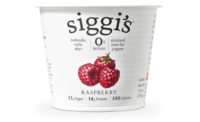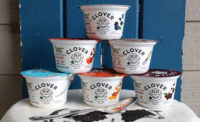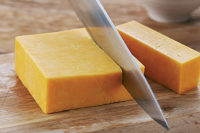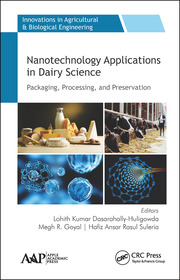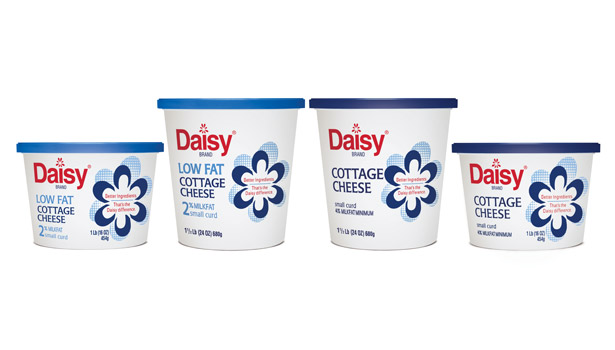Dairy brands focus on clean labels with new packaging
Daisy Brand and Hudsonville Ice Cream design easy-to-read packages that signal a clean label or the absence of gluten.

Saputo Cheese USA Inc., Richfield, Wis., received a 2014 American Package Design Award from Graphic Design USA magazine for the redesign of its Joan of Arc brand. Used first for brie cheeses last year, the look will be rolled out to the brand’s remaining offerings this spring.

Daisy Brand, Dallas, uses color-coded lids to denote fat content.

A new design on packages of Hudsonville Ice Cream communicates a SKU’s “gluten-free” attribute.



Although Greek yogurt and natural cheeses are the stars of the dairy case (as measured by sales figures, at least), it is dowdy cottage cheese that is getting the packaging makeover.
In March, Dallas-based Daisy Brand took the wraps off a new package design for its cottage cheese. At the beginning of the year, Dean Foods, Dallas, was stocking the shelves with new, rounded containers for its cottage cheese and sour cream. Dean co-packs the same products in similar packages for Land O’Lakes, Arden Hills, Minn. (See Dairy Foods, March 2014.)
While Dean converted to a package that resembles an ice cream scround, Daisy maintained the traditional cup shape but uses color-coded lids to denote fat content; light blue for low-fat (2% milk fat) and dark blue for the full-fat (4%).
The new packaging “reinforces what we call ‘The Daisy Difference,’” said Marjie Laurent, senior brand manager, Daisy Cottage Cheese. “The call-out of better ingredients, coupled with the addition of different colored lids, allows our product to stand out in the dairy aisle.”
This is the first package redesign since Daisy launched cottage cheese in 2006. The foods are sold in 16-ounce and 24-ounce containers made of recyclable polypropylene.
Just as Daisy wanted to call out the clean label of its cottage cheeses, Hudsonville Ice Cream went to a new design that highlights gluten-free flavors, including vanilla, Michigan Deer Traxx, Mackinac Island Fudge, Triple Peanut Butter Cup and toasted coconut.
The Holland, Mich., dairy processor debuted the easier-to-read packaging in February. Hudsonville’s Caryn Beatty said the goal of the new packaging is to give the brand “a very distinctive ‘clean’ look in freezer shelves, with eye-catching blue lids and less wording, making it easier for customers to read ingredients.”
The choice of packaging material can influence product purchases. A research report written by a packaging company turns up the fact that a segment of shoppers, dubbed “eco-aware moms,” thinks about the environmental impact of the packaging before purchasing. Four out of five of these eco-aware moms say recycling labels on a package are important to them.
This group, totaling 62 million women, represents 73% of all moms. They have children age 18 years or younger. Eco-aware moms see a strong connection between personal health and a healthy environment, according to the report. And three-quarters of this segment have changed what they purchased because of the packaging. The EcoFocus Worldwide Trend Survey was written by Evergreen Packaging, Memphis, Tenn., from research and data compiled from EcoFocus Worldwide Trend Survey.
Looking for a reprint of this article?
From high-res PDFs to custom plaques, order your copy today!



